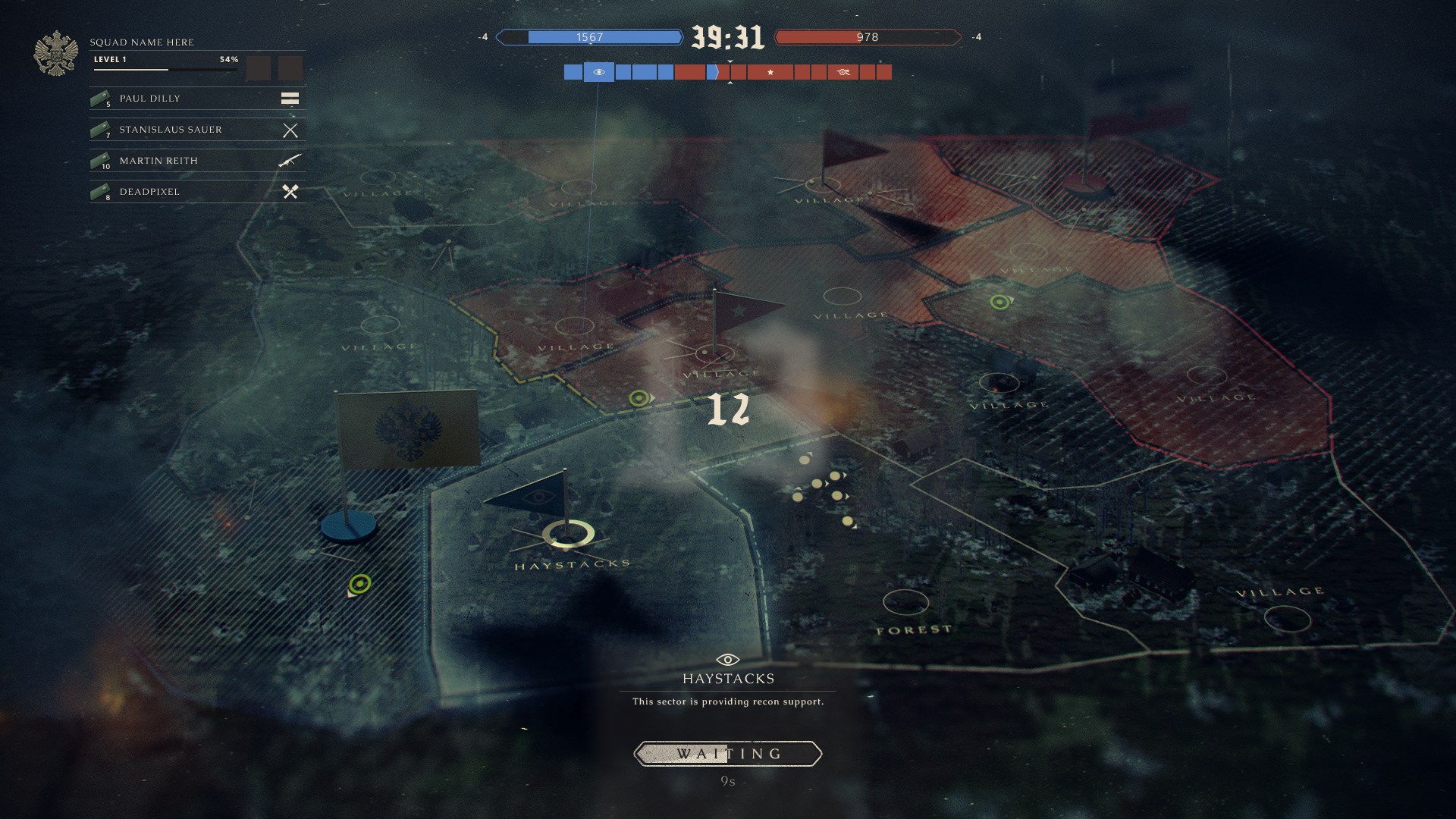Tannenberg, the First World War online FPS from the makers of Verdun that was announced in May, is now available for purchase on Steam Early Access. The new game takes place on the Eastern Front of the war, and features Frontovik and Cossack units from the Russian army, Austro-Hungarian KuK troops, and German Infanterie doing battle in a more mobile, but no less horrific, theater of war.
Unlike certain other WWI shooters you may have played (I’m talking about Battlefield 1), Tannenberg, like Verdun, is a more true-to-life recreation of the Great War: Weapons are clunky, movement is slow, and death comes quickly. That probably won’t help make it a mainstream hit, but the priority for developers M2H and Blackmill Games is “to create an all-encompassing World War 1 experience that captures the essence in the gameplay and also provide a myriad of historical content (by using squad leveling and map sectors etc.)”
With Verdun marking the “completion” of its Western Front effort, the developers opted to go to the Eastern Front, because of its “enormous” historical impact. It also opens up opportunities to create different kinds of gameplay, without sacrificing historical fidelity.
“The almost complete lock-down on the Western front required unique rules to be imposed on a multiplayer game-mode to recreate the somewhat symmetrical nature of warfare, where each line lost would face a direct counter-attack, for instance. The overwhelming nature of the combat and the deep lines of defense on either side allowed for a unique approach,” Blackmill’s Jos Hoebe explained.
“In the East we see characteristic elements that also lend themselves to certain gameplay rules. To begin with, the environments themselves are different, with less continuous lines of trenches, the vast distances to be covered, and fewer artillery shells per square meter, combined with the doctrines and equipment of the armies that fought there. The battle of Tannenberg itself, for instance, is a good example of an encirclement battle, a pattern repeated several times over as the war progressed. This element will be central to the new ‘Maneuver’ game mode.”

Maneuver is a 64-player mode set on large, open maps, with multiple zones of control and a variety of terrain, weather conditions and objectives. Players can attack and defend from any zone they control, and as zones are won or lost, the flow of battle will shift. “All of these elements add up not only to a different meta-game in terms of having to move around in a nonlinear way across the battlefield when the tactical situation changes for your squad, but also with respects to shifting gunplay engagement distances and different approaches to cover,” Hoebe said.
I’ve spent a little time playing with the Maneuver mode and even though it has that “not quite ready” feel of a game in beta, I was impressed by both its scope and its brutality. The map features forests, bombed-out buildings, dangerously wide-open fields, points of high and low ground, and small networks of trenches—and it feels big. It’s plodding at times compared to games like BF1, but the slow, primitive weaponry can make for some intense moments, too: In one up-close confrontation, an enemy and I each emptied our rifles toward, but not actually into, each other, and then it was a frantic race to reload (which takes forever) and try again. I won, by the way.
And when you shoot a guy and don’t make a clean kill—which seems to be most of the time—he goes down and makes some of the most awful screaming, choking, and gurgling noises you can imagine. It’s horrible, but it occasionally works against the game too: The aftermath of a big skirmish in a small area is inevitably filled with competing cries of agony, and it ends up sounding like the cast of a small-town theater troupe trying to outdo each other in simultaneous over-dramatic death scenes. It might sound like an odd thing to complain about, but it’s really weird. Hopefully the developers will tone it down.
The new game features a number of under-the-hood changes from Verdun, including improved AI and graphics, and an updated interface that will properly support 4K resolutions. But the developers plan to approach the Early Access in basically the same way it did with the previous game, gradually increasing the player cap as it becomes more stable. Even so, if all goes well it should be a relatively short Early Access period: Tannnenberg is content-complete, so the Early Access beta will be focused primarily on “balance [and] sound and performance issues,” and getting the new interface in place. It’s expected to be ready for full release in the first quarter of 2018.
